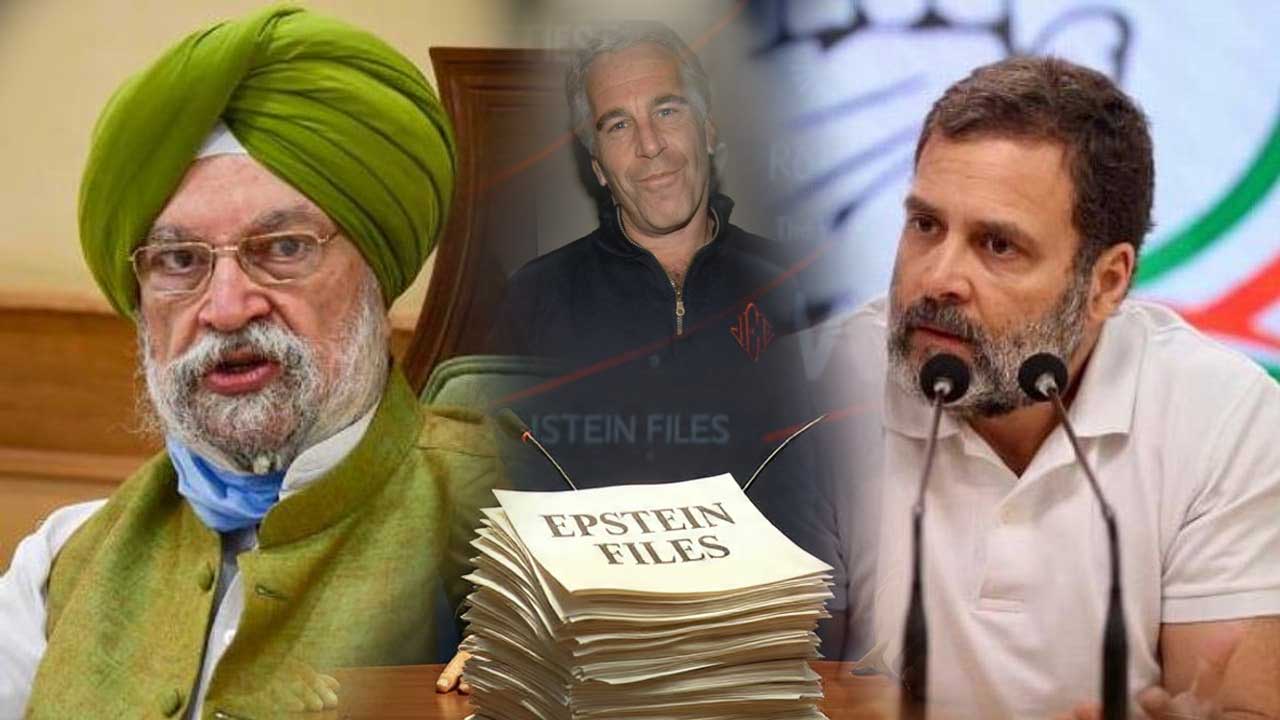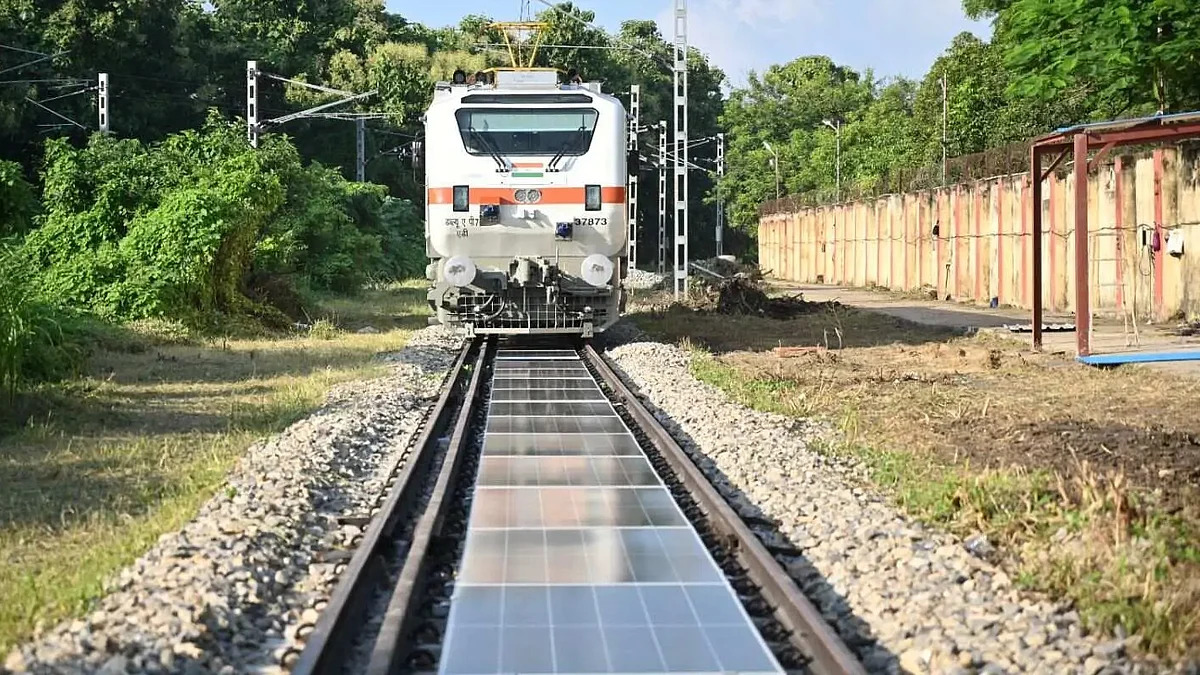Union Home Minister Amit Shah rejects Opposition protests against the 130th Amendment Bill, stressing the Prime Minister’s role in its introduction. A Joint Committee will now examine the bill further.
Union Home Minister Amit Shah on Monday launched a strong attack on Opposition parties over their protests against the Constitution (130th Amendment) Bill. The minister dismissed the Opposition’s demonstrations—labelled as “Black Bill” protests—saying that such actions only expose the political desperation of those who believe governance is impossible without the presence of a jailed leader.
Shah, speaking in an interview with ANI, said that both he and the Bharatiya Janata Party (BJP) “completely reject” this narrative being pushed by certain Opposition leaders. According to him, India’s governance and constitutional framework cannot be held hostage to the legal troubles of one political figure. “The idea that the country cannot move forward without a single individual is not only unconstitutional but also an insult to democratic institutions,” Shah remarked.
The Home Minister emphasized that the Prime Minister himself had taken the initiative to ensure that the highest office of the land is brought under the purview of the amendment. “It was the Prime Minister who insisted that his office be included under the ambit of the bill. This reflects his commitment to accountability and transparency, and it is a step towards strengthening parliamentary democracy,” Shah noted.
He also criticized the behavior of Opposition members in Parliament, who resorted to sloganeering and protests while he was presenting the bill. According to Shah, such conduct lowered the dignity of Parliament and distracted from a meaningful debate on important constitutional reforms. “Parliament is the temple of democracy. Instead of engaging in constructive discussions, the Opposition chose disruption. They will have to answer to the people for this attitude,” he said.
The 130th Amendment Bill, tabled in Parliament last week, has already generated heated debate across political lines. While the government projects it as a move towards reinforcing constitutional checks and balances, the Opposition has termed it undemocratic and claims it undermines federal principles.
In an effort to address these concerns and ensure wider consultation, it has been decided that the bill will be examined by a Joint Committee of Parliament. This committee will consist of members drawn from both the Lok Sabha and the Rajya Sabha, representing different political parties. The panel will be appointed by the Speaker of the Lok Sabha and the Chairperson of the Rajya Sabha. Its mandate will include studying the provisions of the bill in detail, seeking expert opinion if necessary, and submitting a report with recommendations.
Political observers believe that the government’s decision to send the bill to a Joint Committee is aimed at building broader consensus, though sharp disagreements are expected to continue. For the BJP, the emphasis remains on portraying the bill as a reformist step introduced at the behest of the Prime Minister himself, while the Opposition is likely to use the opportunity to rally support against what it calls “an erosion of democratic values.”
As the debate unfolds, the spotlight will remain on how the Joint Committee balances the competing political narratives and whether the bill, in its final form, can secure the parliamentary approval required for a constitutional amendment.





